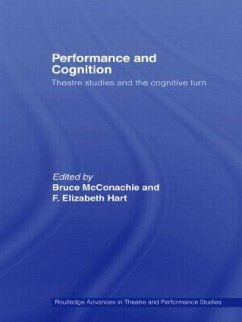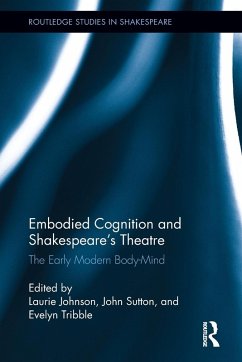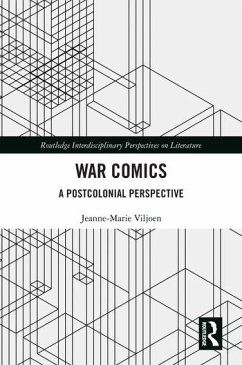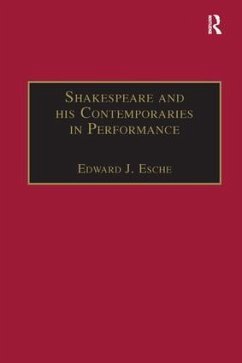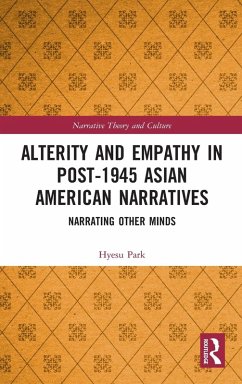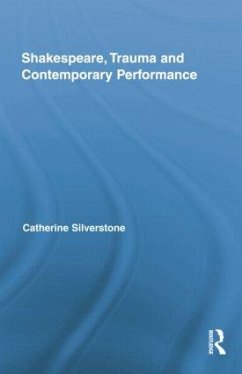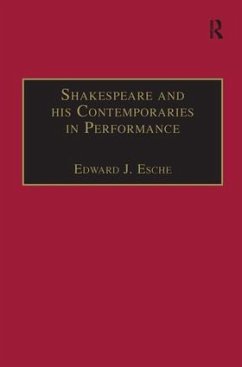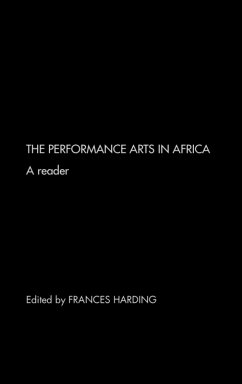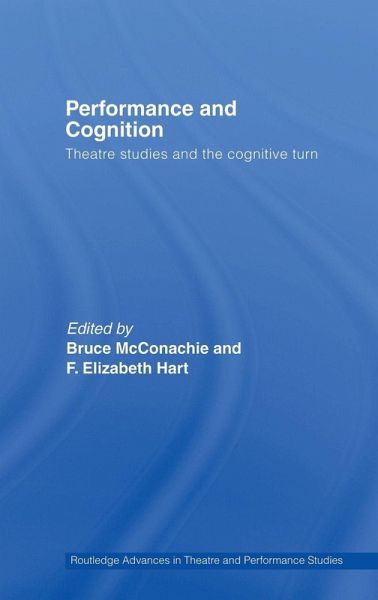
Performance and Cognition
Theatre Studies and the Cognitive Turn
Herausgeber: Mcconachie, Bruce; Hart, F. Elizabeth

PAYBACK Punkte
109 °P sammeln!
This anthology is the first of its kind. In addition to opening up fresh perspectives on theatre studies a " with applications for dramatic criticism, performance analysis, acting practice, audience response, theatre history, and other important areas a " the book sets the agenda for future work, helping to map the emergence of this new approach. Following a comprehensive introduction, the contributors examine: the interfaces between cognitive studies and Lacanian psychoanalysis, phenomenology and communication theory different ideas from cognitive studies that open up the meanings of several plays the process of acting and the work of Antonio Damasio theatrical response: the dynamics of perception, and the riots that greeted the 1907 production of The Playboy of the Western World. This original and authoritative work will be attractive to scholars and graduate students of drama, theatre, and performance.
This book invites theatre and performance scholars to incorporate many of the insights of cognitive science into their work and to begin considering all of their research projects from the perspective of cognitive studies. As well as including a comprehensive introduction to the challenges of cognitive studies for theatre and performance scholarship, the volume features essays in all of the major areas of theatre and performance. Several of the contributions use cognitive studies to challenge some of the key scholarly and practical orientations in theatre and performance studies. The experimentally based insights of cognitive science are shown to be at odds with Saussurean semiotics, psychoanalysis, and aspects of deconstruction, new historicism, and Foucauldian discourse theory. Performance and Cognition opens up fresh perspectives on theatre studies - with applications for dramatic criticism, performance analysis, acting practice, audience response, theatre history, and other important areas -and sets the agenda for future work, helping to map the emergence of this new approach.





